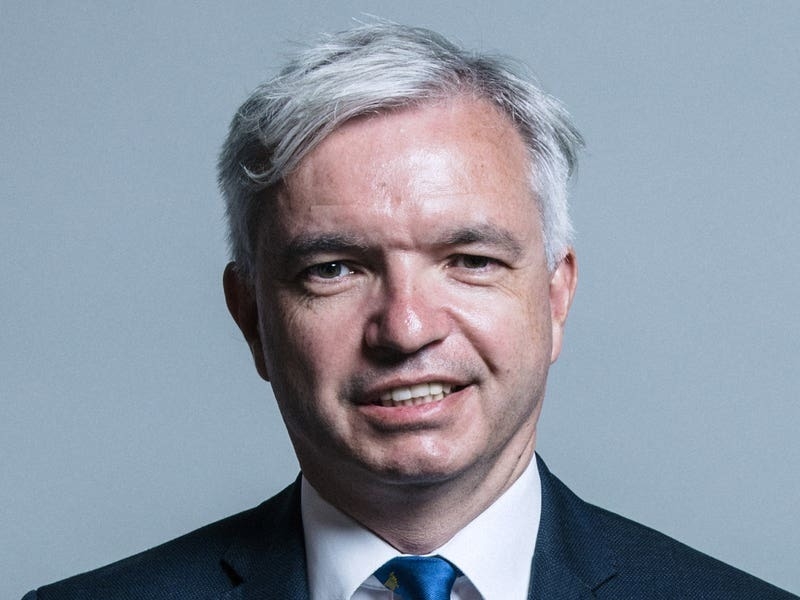Further criticism has been levelled at the Island’s children’s services in an independent report released yesterday which found that ‘whole-system change’ is needed to ensure vulnerable young people are given the support they need.
Children’s Minister Sam Mézec has said that it would be unacceptable for future reviews to be continually critical of the lack of progress and that the political commitment was in place to make sure improvements were made quickly.
And Mark Rogers, the newly appointed director general for Children, Young People, Education and Skills, said ‘no more reports’ were needed as the time had come to ‘start doing’.
Yesterday, the Jersey Care Commission, in partnership with Ofsted, released its review of services in the Island. It found that a ‘legacy of widespread failures’ were hampering social workers and laid out 20 recommendations for change.
The latest damning report comes 14 months after the Independent Jersey Care Inquiry made a catalogue of similar findings.
Senator Mézec said: ‘I think this latest report focused more on the here and now and looked at very specific things that were happening in Children’s Services.
‘There are clear recommendations – all of which have been accepted by the Council of Ministers – on how we can improve our services today.
‘[Inquiry chairwoman] Frances Oldham is going to come to Jersey next year and report on what has changed. If we haven’t made the progress we want to by then, we will have it published far and wide and it will be a shameful day for the Island.
‘There can be no more excuses – we have to work to demonstrate that improvements are being made here and now.’
He added that the eight-point pledge will give him a stronger footing at the ministerial table to fight for vital funding and necessary legislative changes to improve children’s services.
Among the findings of the most recent report was that recruitment and retention of social workers was impacting on the level of service provided to young people.
Susan Devlin, group director of Children’s Services, said: ‘The recruitment of qualified social workers is a challenge throughout the UK but we are working hard to develop our workforce plan.
‘We have funding for the on-Island social work course and that is a significant boost for us. It will take a few years for the first qualified workers but that should give us a sustainable pool.’
She added that alleviating some of the housing and working restrictions for social workers could make Jersey a more attractive place to come.
Mr Rogers said that new policy frameworks were being put in place to strengthen whistleblowing arrangements, allowing States workers with concerns more scope to speak out.
‘We don’t need more reports,’ he said, ‘What we need to do is act upon them. We also want to provide a really clear framework within which people who have a concern know who to speak to and how it is going to be progressed. That will begin the culture change and help drive improvements.’
Jersey Care Commission chairman Glenn Houston said he was confident their recommendations would be taken on board and that the commission would be meeting shortly to discuss how to monitor future progress.
He added that consideration should be given to introducing paid foster carers to reduce the number of young children who are placed in the UK due to their not being enough foster carers to meet their needs in Jersey.
Other States Members will be asked to sign the pledge board at Tuesday’s States sitting.
THE PLEDGE
1. We will listen directly to children and young people and involve them in how we design, deliver and review our services.
2. We will provide integrated support for families that need extra help caring for their children.
3. We will provide all children in our care with access to a safe, loving, secure home environment.
4. We will expand, join up and target our early help offer to ensure that children and young people get the support they need, when they need it to prevent risk and issues from escalating.
5. We will work together to recruit and retain a child-centred, stable, highly professional workforce.
6. We will make it easier for data and insight across organisations to be shared so that, when assessing how best to meet their needs, we look at children and young people’s lives as a whole.
7. We will ensure that sufficient funding is available to be effective and that any regulatory and legislative changes needed will be progressed quickly.
8. We will work together to ensure that we set and publish clear standards and be held publicly to account for achieving them.






